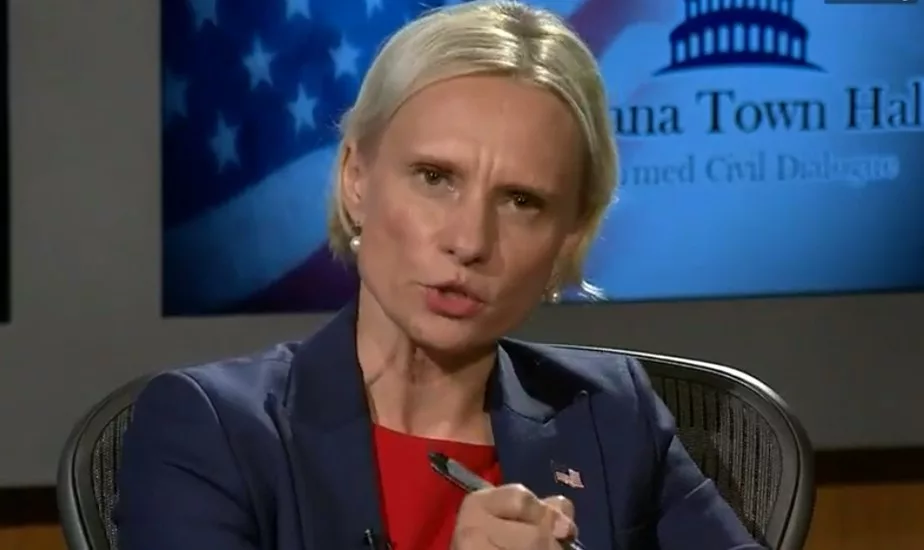The U.S. House has voted down Rep. Victoria Spartz’s (R-IN-5th) amendment to the Agriculture, Rural Development, Food and Drug Administration, and Related Agencies Appropriations Act of 2024 — the legislation that funds the U.S. Department of Agriculture (USDA) — by a vote of 49 to 377.
Spartz’s amendment stated that none of the funds made available by the bill may be used to carry out commodity checkoff programs. However, what made Spartz’s amendment so puzzling to most in agriculture is that no federal funds are used in any of the commodity checkoff programs. All funds used are contributed by the producers of the commodity in question.
Many ag groups voiced their opposition to Spartz’s amendment—including the American Soybean Association (ASA), Indiana Soybean Alliance (ISA), National Cattlemen’s Beef Association (NCBA), Indiana Beef Cattle Association (IBCA), Indiana Dairy Producers (IDP), National Associations of State Departments of Agriculture (NASDA), and National Council of Farmer Cooperatives (NCFC).
“Congresswoman Spartz took aim at the entire checkoff system with no regard to the votes of those of us farmers who, time and again, have voted to preserve these programs that allow us to collectively promote our crops, conduct research, develop and protect markets, and assure domestic and global access. I speak for the soy industry today when I say, we are exceptionally pleased this strange amendment was snuffed on the House floor,” said Daryl Cates, President of the American Soybean Association.
Congressman Jim Baird (R-IN-4th), who is a fellow Hoosier Republican lawmaker and serves on the House Ag Committee, also spoke against Spartz’s amendment.
“Checkoff programs function as research and promotion boards that help different commodities achieve industry success. This amendment proves factually unnecessary and inaccurate since no tax dollars are used to implement the checkoffs and no appropriated dollars are used to oversee them,” said Baird.
After Spartz had filed the amendment over the summer, Spartz told Hoosier Ag Today the ag checkoff programs lacked oversight and transparency after she had paid into a wheat checkoff program.
“I just sold over fifty thousand bushels of wheat and paid the fees, so I understand what it is about,” rebuffed Spartz. “But I haven’t seen what these organizations are doing. I know that they’re paying big salaries to their boards. So, I think that we need to look and make sure that these organizations are serving the purpose to promote agriculture, not to promote [a] few oligarchs and large monopolies.”
However, no such wheat checkoff exists and there is no organization in Indiana to collect such funds. In addition, the members of the commodity checkoff boards are unpaid volunteers.
In a statement released by her office in July, Spartz said that those who were opposing her amendment were engaging in “personal sexist attacks” without specifically identifying which remarks she felt were “sexist” or providing any further clarification.
“It is deeply concerning that these farmer-financed unaccountable boards resort to sexist personal attacks to prevent transparency into their slush funds,” said Spartz last July. “Despite their supposed non-lobbying status, they have been engaging in a smear campaign and backdoor lobbying against me. As a farmer myself, I understand the importance of promoting our commodities at home and abroad as well as more opportunities for smaller farmers. However, I see more and more corporate cronyism in agriculture with highly paid executives promoting just a few monopolies mostly owned by Brazil and China in some ag sectors, which are using child labor provided by Mexican cartels. We must demand transparency for roughly $1 billion in mandatory fees taken annually from farmers by the federal government and given to executives like USDA Secretary Vilsack who was paid about $1 million per year between his Obama and Biden jobs by one of these boards.”

